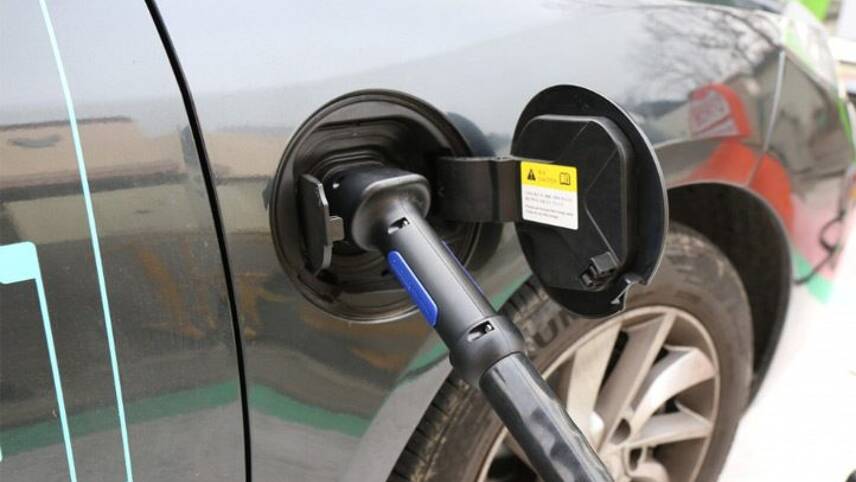Register for free and continue reading
Join our growing army of changemakers and get unlimited access to our premium content

Amid a turbulent year for the UK's car industry
That is according to new industry data released today (6 January) by the Society of Motor Manufacturers and Traders (SMTT).
The data reveals that the number of new car registrations fell by 2.4% between 2018 and 2019 – a trend the SMTT attributes, in part, to environmental concerns and anticipation around incoming clean air legislation.
The largest fall was recorded in diesel cars – 21.8% fewer were registered in 2019 than in 2018.
While noting that registration of new petrol vehicles rose slightly (2.2%) on a year-on-year basis, the SMTT’s data reveals far more rapid growth in the electric car space, with year-on-year registrations up 144%.
The figure covers solely fully electric vehicles. Hybrid electric vehicles, meanwhile, experienced a 17.1% year-on-year registration increase, despite Government cuts to the Plug-In Car Grant (PICG) scheme.
“While the huge increase in battery electric vehicle demand is welcome, their 1.6% market share is still tiny and underlines the progress needed to reach the 50-70% share the government envisages in the next 10 years,” the SMTT said in a statement.
The body has additionally voiced concerns that the national car market experienced its third consecutive annual decline in 2019, which it attributes to “weak business and consumer confidence, general political and economic instability and confusion over clean air zones”.
It is calling for more national policies to buck this trend in the face of Brexit, claiming that Government action is crucial to unlocking further investment in the electric vehicle (EV) transition.
“A stalling market will hinder industry’s ability to meet stringent new CO2 targets and, importantly, undermine wider environmental goals,” SMTT chief executive Mike Hawes said.
“We urgently need more supportive policies: investment in infrastructure; broader measures to encourage uptake of the latest, low and zero-emission cars; and long-term purchase incentives to put the UK at the forefront of this technological shift.
“Industry is playing its part with a raft of exciting new models in 2020 and compelling offers but consumers will only respond if economic confidence is strong and the technology affordable.”
Of the 90 new car models due to launch in the UK in 2020, the SMTT has listed 23 as fully electric and 11 as plug-in-hybrids.
The findings from the SMTT come after Dyson axed its electric car project, which would have seen a new model manufactured and assembled in the UK, ready for a 2021 launch. Similarly, hybrid and fully electric models sold in the UK by the likes of Nissan, BMW and Vauxhall are now manufactured or assembled – either in full or in part – outside of the UK.
Sarah George


When will Edie recognise that electric cars, especially powered by NMC type lithium ion batteries are not at all "environmental". Solution mining of lithium in the so-called "lithium triangle" is destroying wild life and human livelihoods in South America. Mining cobalt in the DCR is an environmental catastrophe.
At least, Edie should report the facts surrounding its "green" causes!
https://www.wired.co.uk/article/lithium-batteries-environment-impact